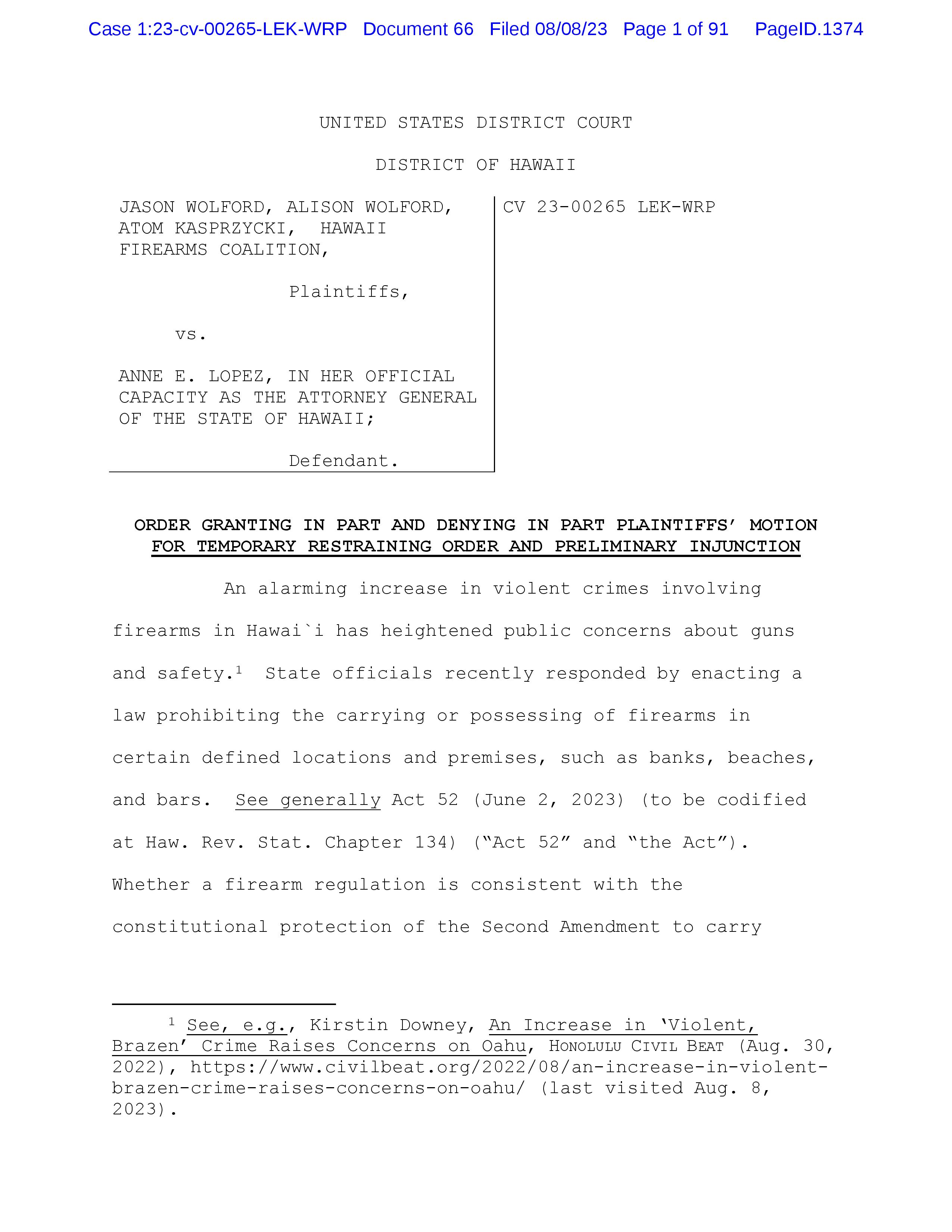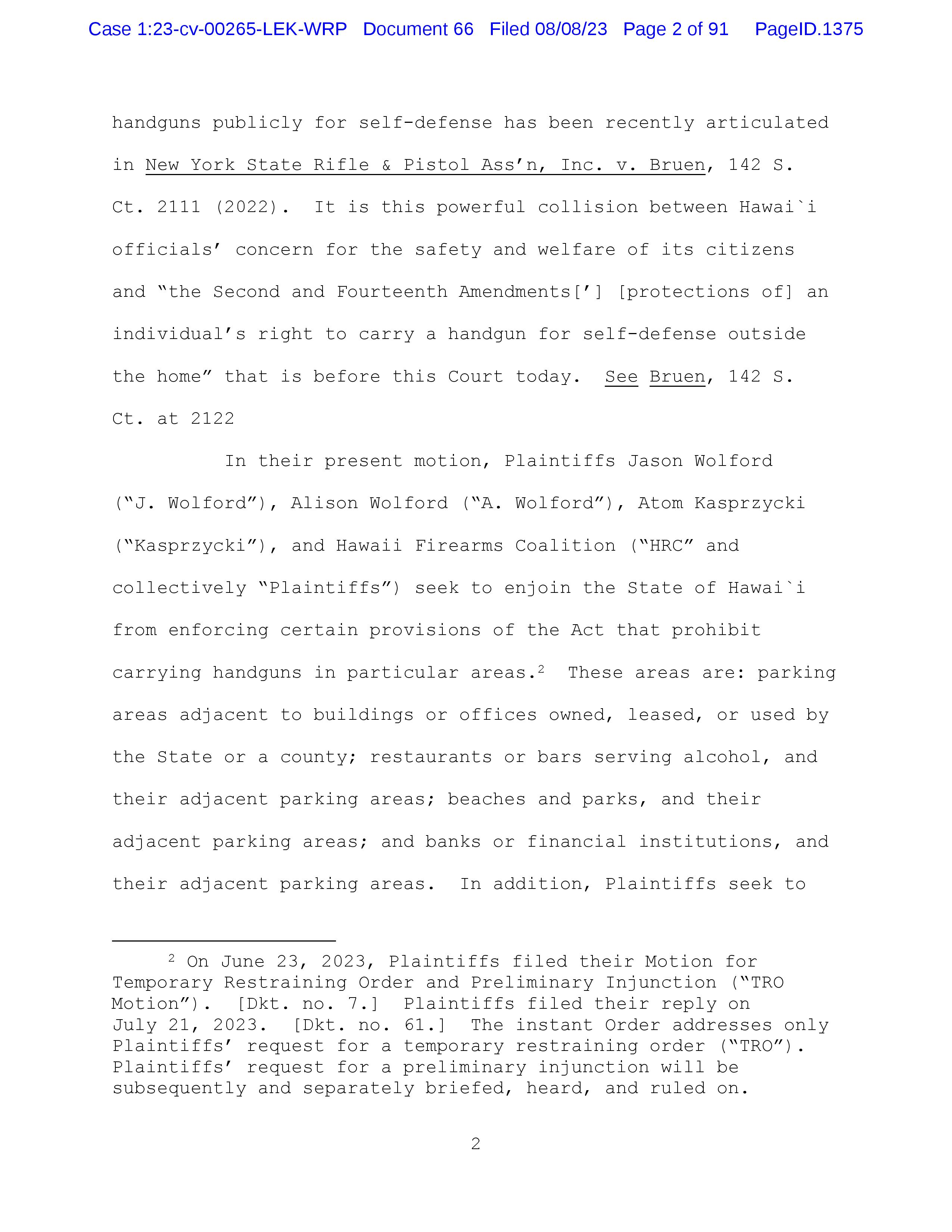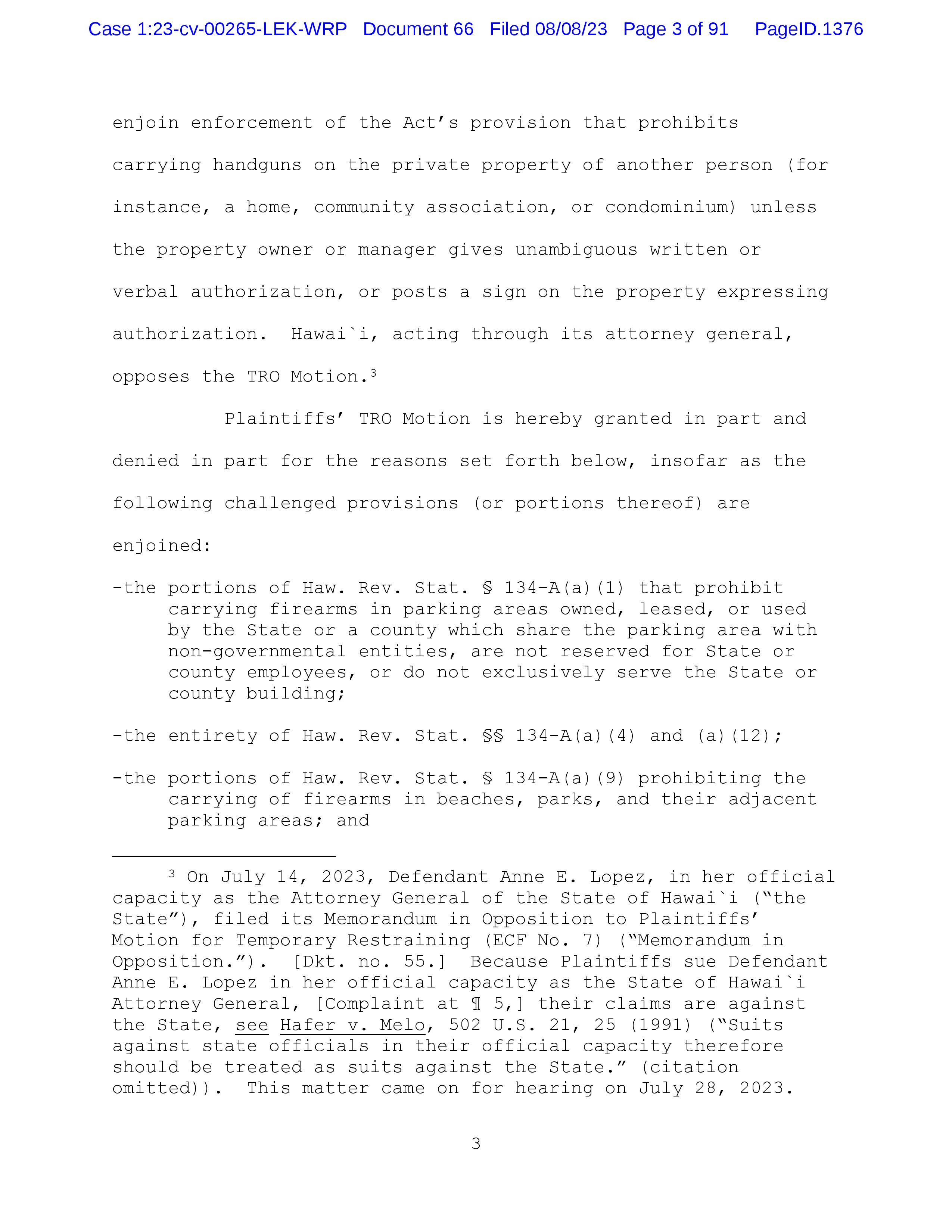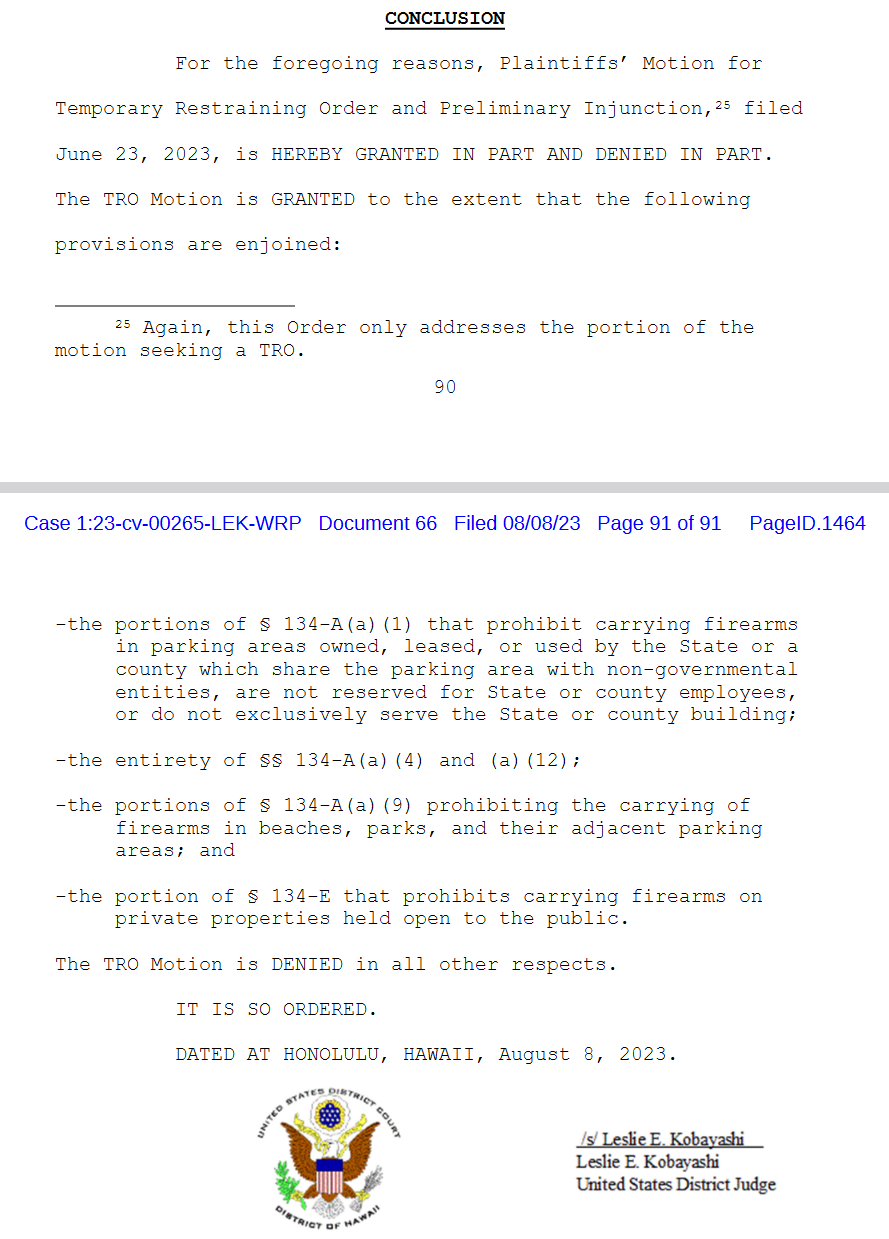Case regarding the Department of Ecology forcing fishers to bring inspector aboard and pay them for the privilege, Loper Bright Enterprises v. Raimondo, is making it to the Supreme Court. Pile of gun rights organizations filed an amicus brief suggesting the underlying Chevron Deference, which hands near-total decision-making over ambiguities in law to the executive regulatory agencies, be pitched as Unconstitutional in full.
In my opinion, this is not a great test case for challenging Chevron Deference.
The written letter of the law
explicitly grants the Department of Ecology authority to require at-sea inspection monitors as part of its fishery management programs, explicitly grants the Department authority to impose sanctions for failure to make payments for "observer services provided to
or contracted by an owner or operator", and also explicitly grants the Department general authority to implement measures "necessary and appropriate" to its prescribed mission.
In other words, the only part that the lawsuit can even challenge on the basis of Chevron Deference is requiring owners to directly pay for at-sea inspection monitors, and that relies on asking the court to rule that, "Congress granted the Department the authority to impose sanctions for failure to pay, but did not grant it authority to actually require payment in the first place". And that requires the Court to rule that the regulation in questions rests on Chevron in the first place for its authority, as opposed to the "necessary and appropriate measures" clause, which is
not Chevron and which
is in the black-letter law.
(Chevron Deference, as a legal doctrine, solely applies to the precedent dictating that the government agency placed in charge of dministering a given set of laws has the authority to authoritatively adopt
any legally possible interpretation of those laws. In order to overcome Chevron Deference (a difficult but
not impossible standard -- it
has been done), you have to prove that the agency's interpretation
cannot possibly be legally valid.
Ironically, the Chevron Deference doctrine was put in place by Reagan conservatives...)





